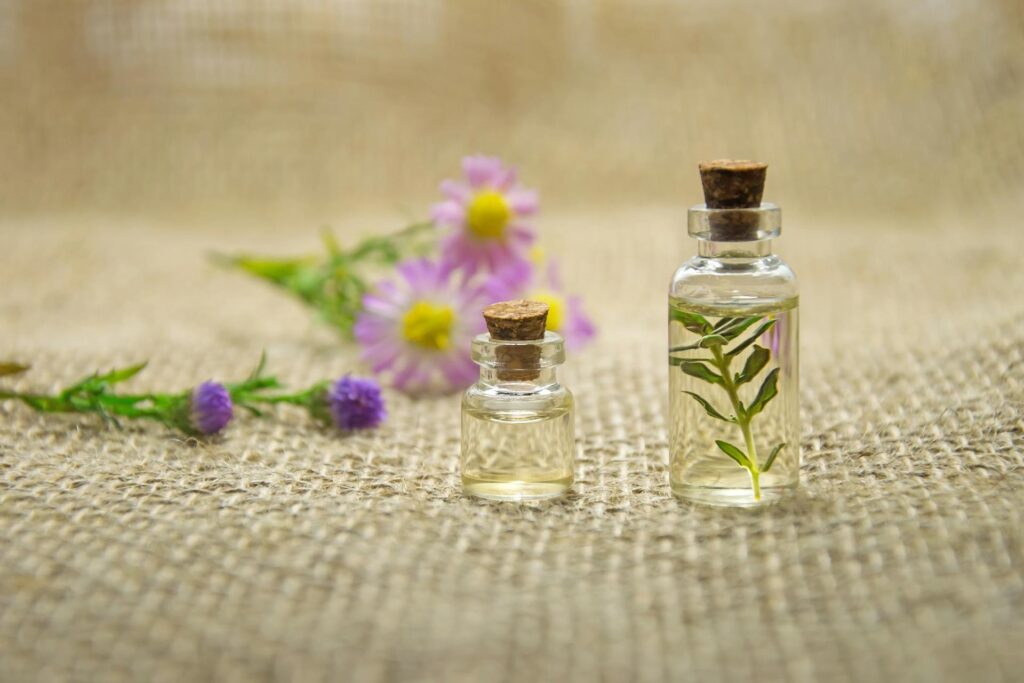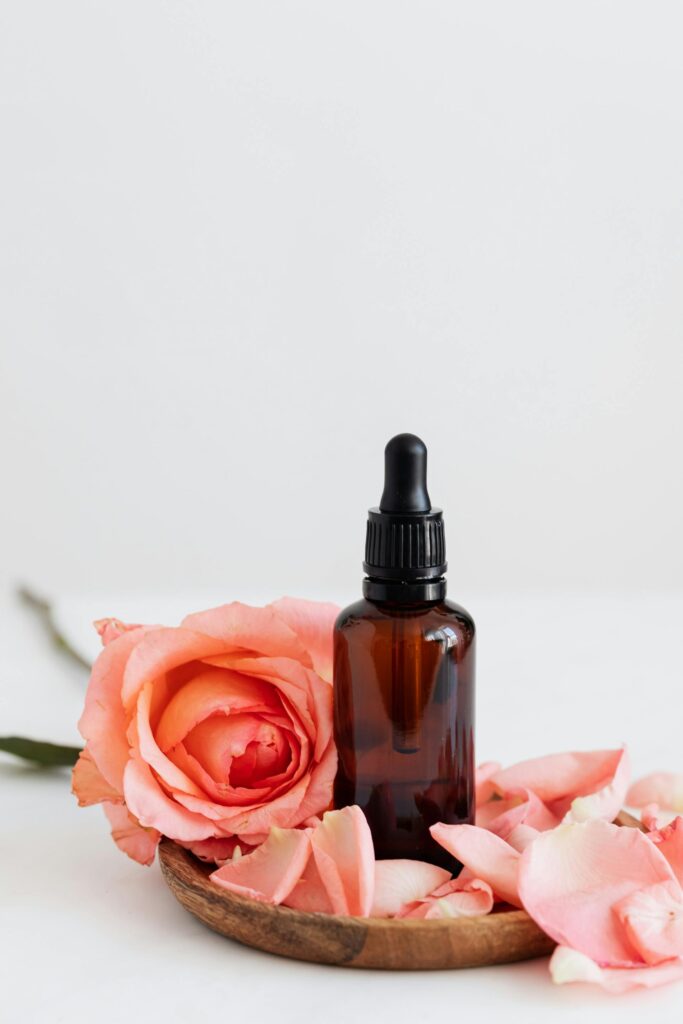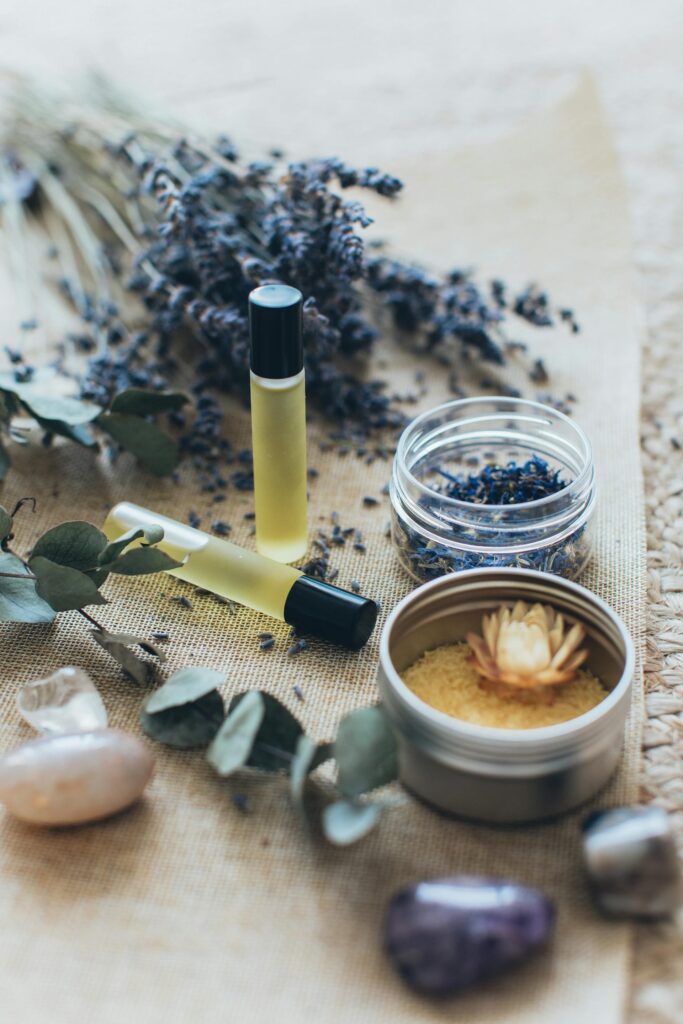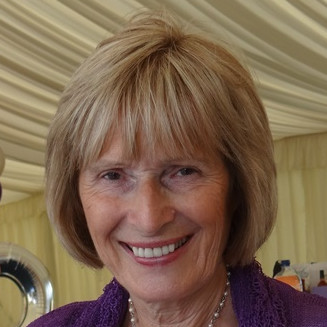7 Best Essential Oils To Relieve Anxiety
According to research, using some essential oils in aromatherapy may help reduce anxiety and encourage relaxation.

Manufacturers use plants, flowers, and fruits to make essential oils, which are fragrant liquids.
The best essential oils to try for anxiety are covered in this article along with the research that backs up their application. It also discusses dangers and implications, oil blending, essential oil usage, and when to seek professional help for anxiety.
Chamomile
The herb chamomile resembles daisies. A fruity, sweet-smelling essential oil is extracted from the plant’s blooms by manufacturers using steam distillation.
A two-week clinical trial examined the benefits of massage with Roman chamomile oil on cancer patients, according to the National Cancer Institute (NCI). According to the study, massage using this diluted oil was more effective than massage alone at reducing anxiety and other symptoms.
Rose
Some of the effects of rose oil were mentioned in a 2017 review of 13 clinical research. According to the review, rose oil can aid with relaxing, sexual dysfunction, anxiety, and sadness. However, the authors pointed out that there aren’t many human research on rose oil’s effectiveness.

According to a 2019 clinical study, people’s preoperative anxiety levels can be lowered by breathing rose oil prior to surgical procedures like rhinoplasty.
Clary sage
Many individuals think that the medicinal herb clary sage might help people who are anxious.
The effects of clary sage on mood and pulse rate were examined in a modest 2020 study. Both males and females’ pulse rates were shown to drop when clary sage was inhaled, according to the study. Male pulse rates gradually dropped after applying the oil to the skin.
Based on their findings, the study’s authors point out that the individual’s sex and the way clary sage is applied may have an impact on pulse rate.
Bergamot Orange
The Citrus bergamia tree is the source of bergamot orange essential oil. Orange rinds are cold-pressed by producers to obtain the oil. One common aromatherapy oil for reducing anxiety is bergamot orange.
According to a 2017 study on rats, bergamot orange oils may lessen behaviours linked to anxiety. The study’s authors do point out that additional investigation is required to determine the efficacy of bergamot orange essential oils in aromatherapy.
According to another 2020 study, people’s anxiety levels were lowered when they used bergamot orange oil before to surgery. According to the study, bergamot orange essential oil could be a useful adjunctive therapy to reduce anxiety before to surgery.
Lavender
Lavandula angustifolia is a fragrant purple flowering plant. Lavender essential oils are frequently used by aromatherapists, who assert that they have anti-inflammatory, muscle-relaxing, and anxiety-relieving qualities.

Several clinical studies indicate that aromatherapy with lavender oil can help lower anxiety before surgery and cosmetic operations as well as during a stay in an intensive care unit.
The authors did, however, clearly highlight the shortcomings of the available data.
Ylang-ylang
The Cananga odorata tree’s blooms are the source of ylang-ylang essential oil. According to several aromatherapists, ylang-ylang oil can help people feel less stressed and anxious.
In a short study conducted in 2015 with 34 nurses, researchers discovered that while ylang-ylang aromatherapy did not significantly affect anxiety, it did raise participants’ self-esteem.
Lemon
Lemon rind or leaf essential oil has a strong citrus aroma.
The application of lemon oil to nursing students experiencing test anxiety was examined in a 2022 study. According to the study, breathing in lemon oil prior to an exam helped lower anxiety levels.
Lemon oil might be a practical and affordable non-pharmacological method to help control anxiety symptoms.
It’s also important to remember that citrus essential oils make people more sensitive to sunshine. When applying lemon essential oil topically, one should shield their skin from all forms of sunlight.
Six more to try
Other essential oils are suggested by the American College of Healthcare Sciences as a way to reduce anxiety and improve mood.
Some people may benefit from aromatherapy using these oils, despite the lack of scientific evidence to support these claims.
Among these essential oils are:
- Geranium basil
- Sandalwood
- Lime
- Grapefruit
- Lovely orange
Using essential oils
Essential oils are concentrated, extremely pure oils. A person shouldn’t consume these oils because many of them are poisonous.
The majority of producers advise diluting essential oils with a carrier oil, like sweet almond or olive oil. Before using them, always read the label, and carefully follow the instructions for diluting the oil.
Before using essential oils to their skin or clothing, a person might also want to think about conducting a patch test. Some could result in allergic reactions, skin inflammation, or discolouration.

People can use diluted essential oils in a variety of ways. Such as applying the oils to textiles and soft furnishings like pillows, cushions, and bedding; utilising them in specialised diffusers; rubbing the oils into the skin; or combining them with lotions or bath salts.
Risks and things to think about
Many pure essential oils have the potential to be hazardous, since they are extremely concentrated. It is crucial to dilute them with carrier oil before to usage because of this. Typically, manufacturers offer guidance on the optimal way to dilute the essential oil.
It is less likely to irritate someone’s skin, eyes, or lungs when the oil is diluted. Undiluted essential oils should never be applied to the skin or eyes.
The following are indicators of an allergic reaction to an essential oil or skin irritation:
- Redness
- Discomfort
- Itching
- Blotchy skin
It is usually preferable to test the diluted essential oil on a tiny patch of skin before applying it to the skin. Cleanse the skin right away with soap and warm water if a response happens.

Barbara is a highly experienced holistic healthcare practitioner with over 30 years of expertise. Based in Chorley, Lancashire, she is a fully qualified clinical reflexologist, trained by Ann Gillanders at the British School of Reflexology in 1991.